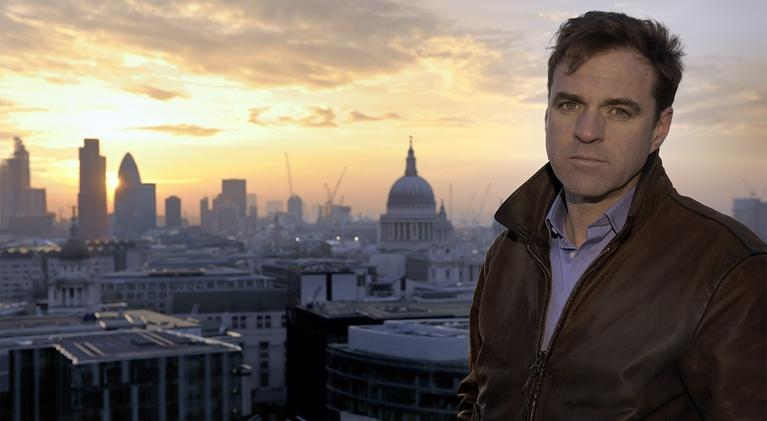
Dr. Scott Gottlieb on Finding Cures for Rare Diseases
Former FDA Commissioner Dr. Scott Gottlieb joins ‘Squawk Box’ to discuss the ongoing research and efforts at the FDA to find cures for rare diseases.…
Thought Leader: Scott Gottlieb

By Niall Ferguson (Original source The Boston Globe)
Thirty years ago, I was in love — with Berlin.
“As an impoverished British graduate student paid in weedy pounds not mighty deutschmarks, I could live there more cheaply than in Hamburg or Munich, and so I spent the summer of 1989 in a friend’s apartment in the Kurfürstenstrasse, dividing my time between the archives and journalism. West Berlin was not only inexpensive, it was fun. But the real attraction was the parallel world of “real existing socialism” next door, on the other side of the Berlin Wall.
In those days, under the four-power agreement between the victors of World War II, a British citizen in Berlin could travel pretty freely from the West to the East and back, though you had to pay for the privilege. But when you boarded the S-Bahn train at Friedrichstrasse on the eastern side of the city to head back to West Berlin, you’d be the only person on the train. It was an eerie journey, riding in solitude past the bullet-riddled Reichstag building. I’d read enough John le Carré to get a cheap thrill every time I made that trip.
And then, in the summer of 1989, things changed. Suddenly, I was no longer the only person on the train. In fact, I was surrounded by Hungarians and Poles because their governments had, for the first time, given them freedom to travel to the West. I got so excited about this that I wrote a story for one of the British papers, suggesting the headline: “The Berlin Wall is crumbling.” ‘
Click to see more
Dr. Scott Gottlieb on Finding Cures for Rare Diseases
Former FDA Commissioner Dr. Scott Gottlieb joins ‘Squawk Box’ to discuss the ongoing research and efforts at the FDA to find cures for rare diseases.…
Thought Leader: Scott Gottlieb
Peter Zeihan: U.S. Navy Seizes Russian Tanker
The US Navy just seized a shadow fleet tanker that managed to slip past the naval quarantine around Venezuela. The tanker reflagged as Russian while…
Thought Leader: Peter Zeihan
Erika Ayers Badan: Surviving Company Failure
In this episode of WORK: Unsolicited Advice, Erika talks through what it really looks like to come out of the worst month of your career…
Thought Leader: Erika Ayers Badan

